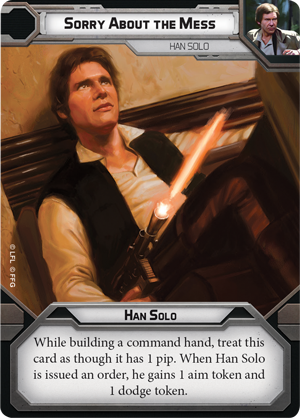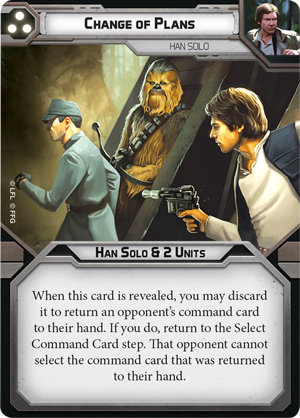Here's the Situation.
I'm blue player.
Start of a round.
I reveal
 my opponent reveals
my opponent reveals

I place Sorry about the Mess into my hand. He discards Change of Plans .
We now reveal new cards.
I reveal
 my opponent reveals
my opponent reveals

I discard Change of Plans . My opponent places Push back into his hand.
THE QUESTION: Am I now allowed to play Sorry about the Mess again?
Edited by Rogue Dakotan